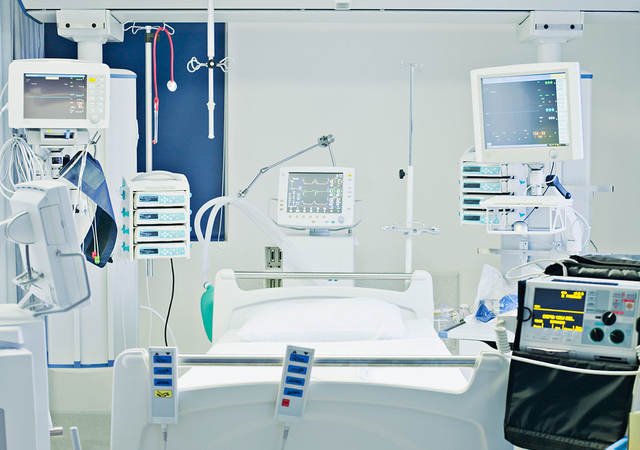To launch medical devices in the EU, manufacturers must demonstrate compliance with European regulatory requirements and obtain Conformité Européene (CE) marking for their devices.
The European medical device market is estimated to make up 26.1% of the global market. It is the second-largest medical device market after the U.S. The top five biggest markets in Europe are Germany, France, the Netherlands, Italy and Spain.
What is required for launching medical devices in the EU?
CE marking indicates that a product has met applicable European Union (EU) standards for safety, health and environmental protection. Additionally, there are two key regulatory requirements governing EU market access for medical devices:
In Vitro Diagnostic Medical Devices Regulation (IVDR)
The IVDR (EU) 2017/746 supersedes the In Vitro Diagnostic Directive (IVDD) 98/79/EC. The IVDR outlines EU market access requirements for any device defined by Point (2) of Article 2 of Regulation (EU) 2017/746 for manufacturers, distributors or authorized representatives. The regulation includes guidance on device classification, placement on the market and Conformity Assessment procedures, among other requirements. The regulation also describes Notified Bodies’ obligations and involvement in the approval process.
Medical Devices Regulation (MDR)
The MDR (EU) 2017/745 supersedes the Medical Devices Directive (MDD (EU) 93/42/EEC). The aim of this regulation is the same as the IVDR: to outline the requirements for EU market access of any device defined by its Point (1) of Article 2. It covers similar obligations as described above, all medical devices not described by the IVDR and devices that are not active implantable fall within its scope.
Steps to CE certification
1. Quality management system (QMS) implementation
Establish a structured framework that enables the device to meet safety, regulatory and performance requirements throughout its life cycle.
2. Device classification
Determine the correct risk classification based on the intended use and inherent risk of the device.
3. Conformity assessment
Demonstrate that the device meets all relevant safety and performance requirements.
4. Technical documentation preparation
Compile a comprehensive technical file that demonstrates compliance with essential requirements.
5. Clinical evaluation
Research published reports to assess the device’s clinical performance in relation to its intended use.
6. Post-market surveillance (PMS) and vigilance
Prepare a plan to proactively and systemically monitor safety and performance after the device is placed on the market.
Why work with UL Solutions?
UL Solutions is a trusted global leader in testing, inspection and certification (TIC), supporting manufacturers with different types of testing and certification requirements in more than 110 countries, including key markets in Europe, Asia and the U.S.
UL Solutions can help streamline CE marking compliance for your medical device and IVD with:
Quality management system certification
Efficient quality management system certification (ISO 13485:2016 - Medical devices - Quality management systems - Requirements for regulatory purposes, Medical Device Single Audit Program (MDSAP), ISO 9001:2015 - Quality management systems - Requirements) and dedicated MDR and IVDR CE certification programs, supported by teams across Europe and worldwide who provide localized expertise to global medical device manufacturers.
Laboratory presence
Safety, electromagnetic compatibility (EMC) and wireless testing backed by an extensive laboratory presence and experience in Basingstoke (U.K.) and Carugate (Italy), with additional safety testing in Warsaw (Poland), Neu-Isenburg (Germany), and Ballerup (Denmark).
To learn more, contact us today.
Related resources
- In Vitro Diagnostic Medical Devices Regulation (IVDR) Certification
- How to Ease Audits with MDSAP
- INMETRO Certification for Medical Devices
- Reduce Patient Safety Risks by Developing a Comprehensive Medical Device Recall Strategy
- Securing the Future: The Internet of Medical Things in 2030
- Mastering the Medical Device Single Audit Program (MDSAP)
- Mastering IVDR in 2025: Challenges and Strategies Across the Full Compliance Spectrum






